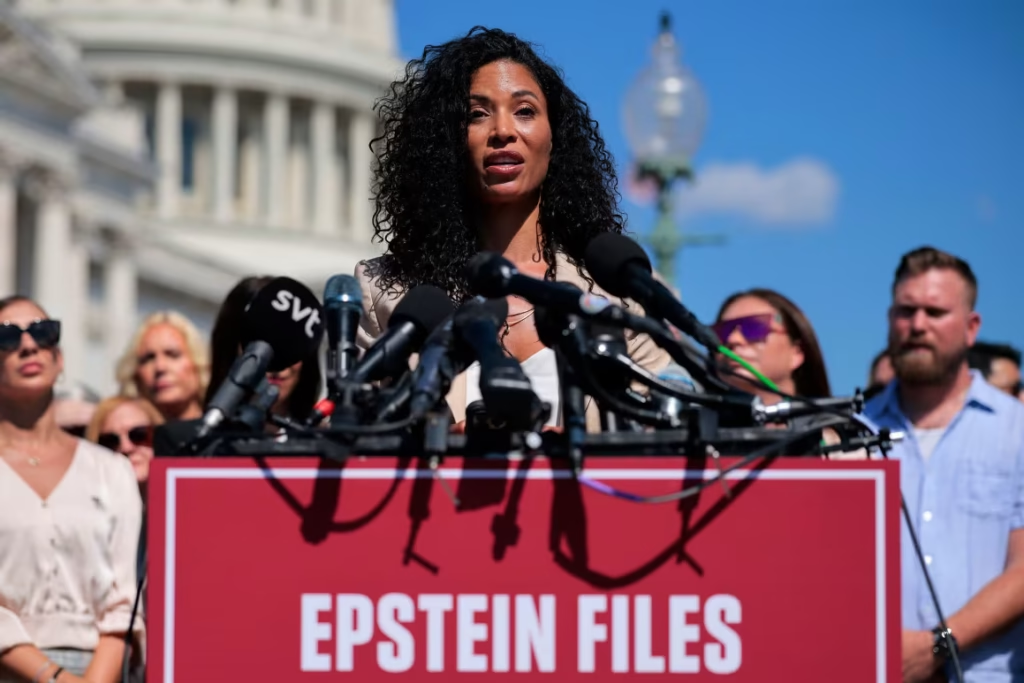Allegations and speculation about a secret “client list” tied to Jeffrey Epstein have taken center stage, fueling renewed scrutiny and heated public debate. Recent disclosures and official statements suggest there is no concrete evidence of such a list, though many survivors and observers remain skeptical and are demanding greater transparency.
A systematic review conducted by the Department of Justice and the FBI reportedly found no incriminating “client list”, and no credible proof that Epstein used blackmail against powerful individuals. The agencies stated that no further disclosure would be made, citing the need to protect victims, preserve sealed evidence, and respect court orders.
Ghislaine Maxwell, Epstein’s former associate, has denied any knowledge of a “client list” during a review interview. Meanwhile, attorneys who once represented Epstein have affirmed that no such list was maintained, suggesting that many names cited in public speculation came from victim testimonies or redacted documents rather than an official roster.
Survivors are pushing back. Some have proposed creating their own list to document alleged figures tied to Epstein’s network. Their goal is to reclaim the narrative by giving victims control over naming individuals based on their personal experiences. Others in the survivor community, however, worry that such efforts may expose them to legal risks or re-traumatization without adequate safeguards.
The controversy underscores deep tensions between public demand for accountability and institutional caution around privacy, legal constraints, and victim protection. While evidence hasn’t confirmed a client list, calls for further investigation and full disclosure continue to mount from survivors, lawmakers, and advocacy groups.


